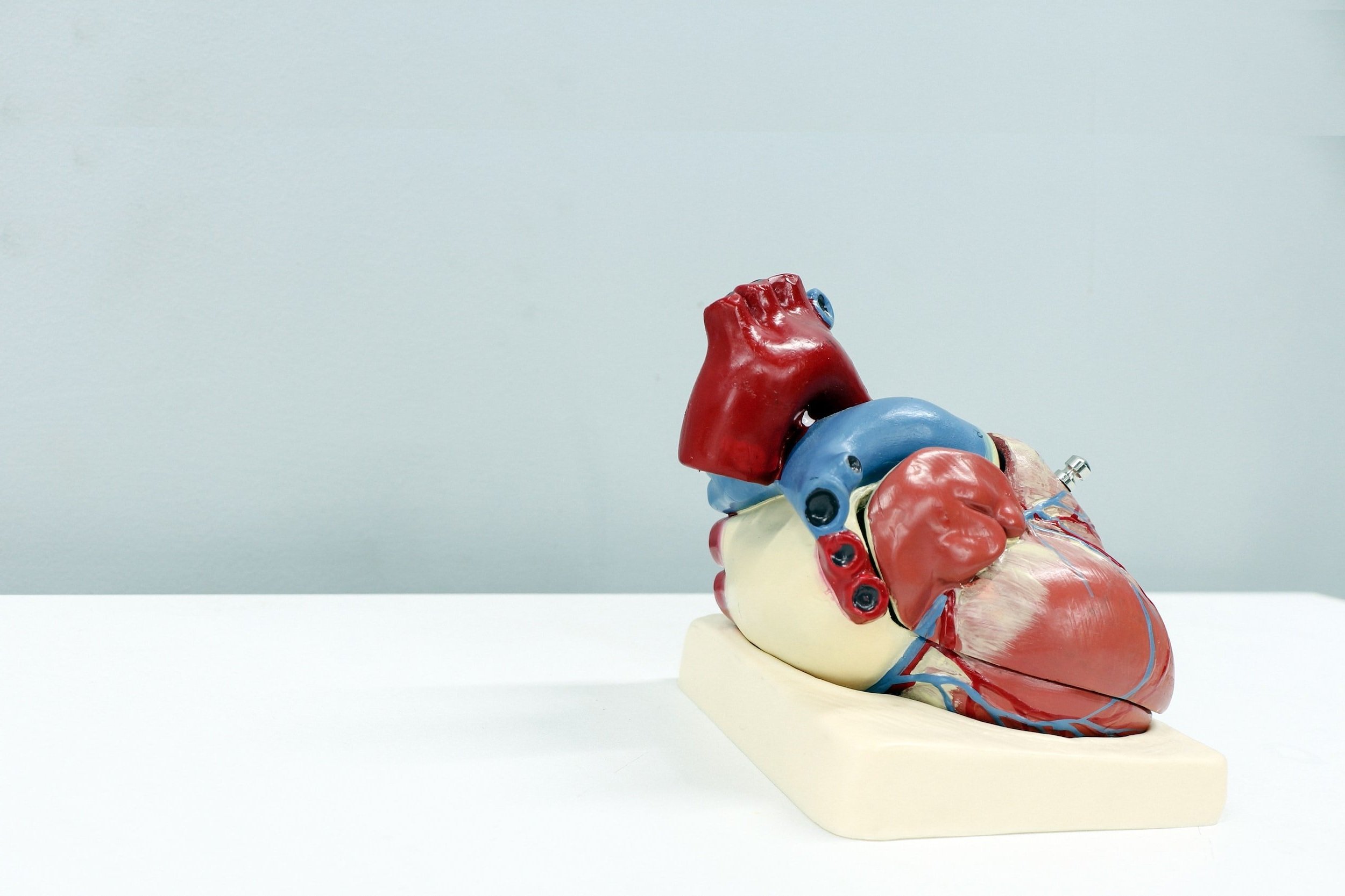
SGLT2 Inhibitors: How can they help protect the heart and kidneys?
Watch Dr Sue Anne Toh, Senior Endocrinologist, discuss the risk factors, screening, and management of heart and kidney complications in diabetes.
For people with diabetes, it’s important to take steps to protect the body from long-term complications, such as heart disease and kidney disease.
There are a number of ways to do this. Getting good control of your blood sugar is very important.
If you show early signs of damage to the heart or the kidneys, then you may benefit from taking a type of medications known as SGLT2 inhibitors. Also called “flozins,” these drugs can help to reduce the risk of long-term complications of diabetes.
Key Takeaways:
SGLT2 inhibitors act on the kidneys, causing more sugar to be lost in the urine. This helps to control blood sugar in people with diabetes, without increasing the risk of low blood sugar.
SGLT2 inhibitors have been shown to help to protect against heart disease and kidney disease in people with diabetes.
These medications also lead to weight loss in many people who take them. This can help with diabetes control, as well as reducing the risk of other health complications.
What are SGLT2 inhibitors.
Sodium-glucose cotransporter 2 inhibitors, usually known as SGLT2 inhibitors, act on a certain protein in the kidneys. This protein normally causes the kidney to take back sugar from the urine. By inhibiting this protein, SGLT2 inhibitors cause more sugar to be excreted through the kidneys.
When more sugar is lost in the urine, this helps to lower blood sugar. In addition, SGLT2 inhibitors don’t increase the risk of hypoglycemia, or low blood sugar. When the blood sugar is lower, there is very little sugar filtered into the urine, and even in the presence of SGLT2 inhibitors, this small amount of sugar will still be reabsorbed. This makes SGLT2 inhibitors relatively safe since they don’t increase the risk that a person’s blood sugar will drop too low.
How do SGLT2 inhibitors protect the heart and kidneys?
One of the ways that these medications help to protect the heart and kidneys is through lowering blood sugar. Although this is an important effect, these medications also have additional benefits beyond this.
Reducing risk of heart disease
People with diabetes who take SGLT2 inhibitors have been shown to have a reduced risk of heart disease. One study showed that the chances of being hospitalized for heart failure are 33% lower in people who take these medications. In addition, SGLT2 inhibitors reduce the risk of a heart attack by 19%, and reduce the risk of a stroke by 32%.
Part of this effect is due to lower blood sugar, but SGLT2 inhibitors also appear to directly affect the tissues of the heart and blood vessels, in ways that protect them from damage. In addition, their anti-inflammatory effects also contribute to protecting against heart disease.
Lowering blood pressure
SGLT2 inhibitors have also been shown to lower blood pressure.
This helps to protect both the heart and the kidneys, along with other organs (such as the brain).
It’s still not completely understood how SGLT2 inhibitors lower blood pressure, but it appears that they do this in several different ways. In addition to their effects on sugar, they also increase the amount of sodium (salt) that’s lost in the urine. The increased salt and sugar in the urine pull excess fluid along with them, which helps to lower blood pressure. SGLT2 inhibitors also have hormonal and anti-inflammatory effects that can help to reduce blood pressure.
Reducing risk of kidney disease
SGLT2 inhibitors also have specific protective effects for the kidneys.
In people with diabetes who take these medications, the risk of a severe decline in kidney function is reduced by about half.
The risk of progression to end-stage kidney disease or death from kidney disease is reduced by nearly half. People taking these medications may still experience some decline in kidney function over time, but the decline is much slower than in people who aren’t taking an SGLT2 inhibitor.
Again, there are believed to be several different mechanisms for this protective effect. These include lower average blood sugar, anti-inflammatory effects, and likely other effects of SGLT2 inhibitors on the kidneys.
Do SGLT2 inhibitors cause weight loss?
Another benefit of SGLT2 inhibitors is that they tend to cause weight loss. This is because the medications cause calories to be lost in the urine, in the form of sugar. This effectively reduces the number of calories available to your body, leading to weight loss.
The weight loss effect of SGLT2 inhibitors is relatively modest, with most people losing just a few kg. However, the weight that’s lost is primarily body fat from around the waist, which is the most dangerous type in terms of heart disease and other health risks. Losing even a small amount of weight can make a significant difference in terms of controlling blood sugar and reducing the long-term risks of diabetes, so the weight loss effect of SGLT2 inhibitors makes an important contribution to the ability of these medications to protect your health.
Protecting your long-term health from complications of diabetes
For people with diabetes, SGLT2 inhibitors are one way to help to protect against complications like heart disease and kidney disease. It’s important to be monitored regularly for early signs of these complications, so steps can be taken to address the problem before it progresses.
Here at NOVI Health, we take a proactive approach to managing diabetes. We believe it’s important to create a holistic plan, which includes support for making healthy lifestyle changes.
This, along with management of medications when those would be beneficial, helps to reduce the risk of long-term complications and improve the quality of life for people with diabetes.





